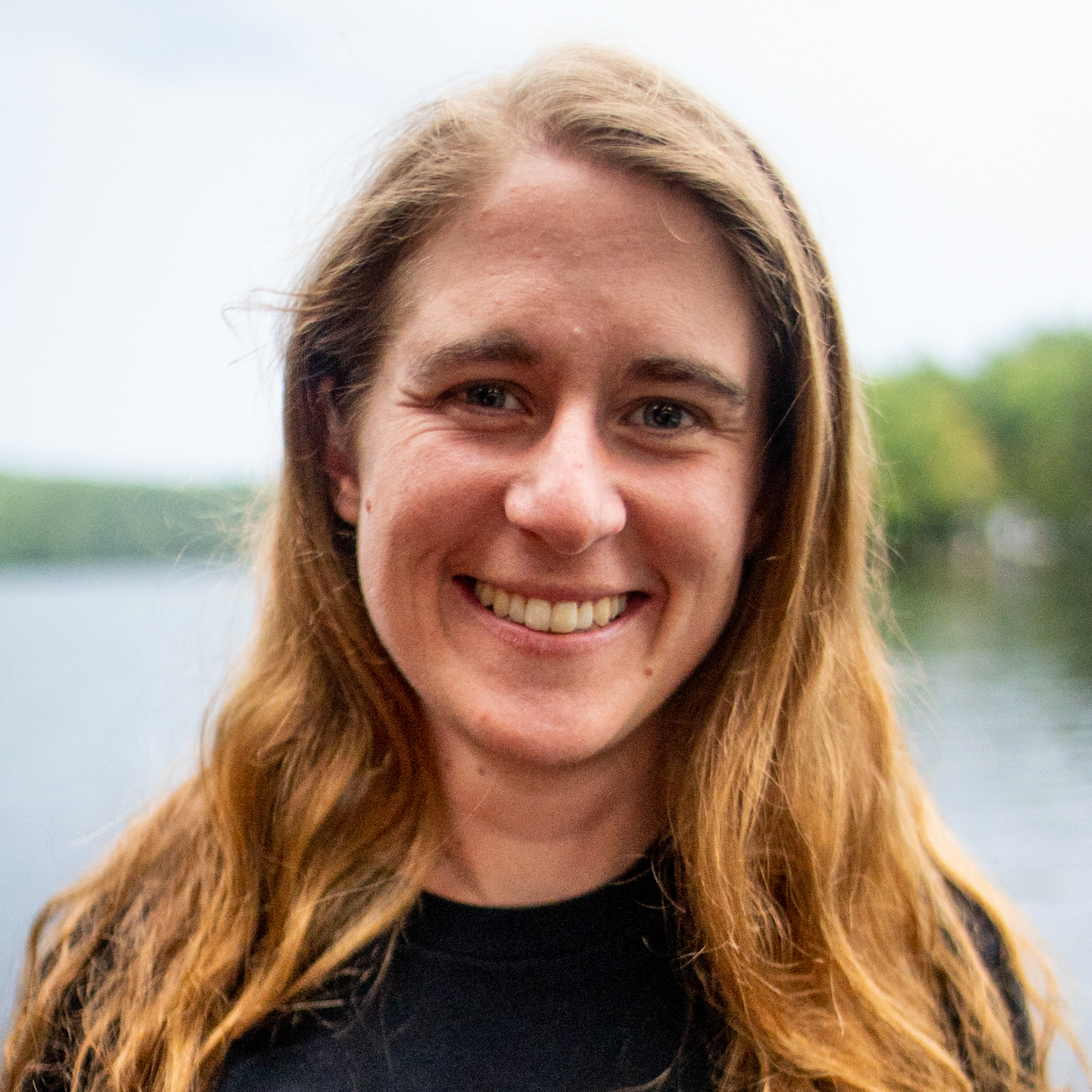Research
My PhD research was motivated by my interest in harnessing large, untargeted biological data to better understand, predict, and monitor human disease. More broadly, I’m interested in using personalized medicine approaches for public health.
My main PhD project was a large meta-analysis of case-control gut microbiome studies. We found generalizable insights about patterns of microbiome shifts and showed that most disease-associated bacteria found in individual studies are not specific to the disease under study. You can check out the paper or a more colloquial summary on my Nature Microbiology behind the paper blog.
I’m proud to have used this project as an opportunity to practice reproducible, open science: every analysis in the paper can be re-made with the code on my github, and we put the data on Zenodo.
In another project, I worked with a clinical collaborator at Boston Children’s Hospital to analyze a large dataset of lung, stomach, and throat microbiomes of over 200 pediatric patients. We found that lung and stomach microbiomes are driven more by the individual person than the body site and that patients with swallowing dysfunction have more similar lung and throat microbiomes than those who swallow normally. This has exciting clinical implications for how we treat kids with these disorders, and you can read more about it in our paper or my behind the paper blog post.
Throughout my PhD, I also worked on the Underworlds project, mining sewage for useful public health information. Among other projects, I worked with a Master’s student to look at antibiotics and antibiotic resistance genes in sewage across multiple countries, you can read more about what we found in his preprint.
Along the way, I’ve developed an interest in tool development. I’ve contributed significantly to a method to correct for batch effects across case-control microbiome studies, the re-implementation of distribution-based OTU clustering, and our in-house 16S processing pipeline. I also implemented some of the software developed by the Alm lab into QIIME 2, a suite of tools broadly used in microbiome research: our percentile normalization method and Sarah Preheim’s distribution-based OTU clustering method.
